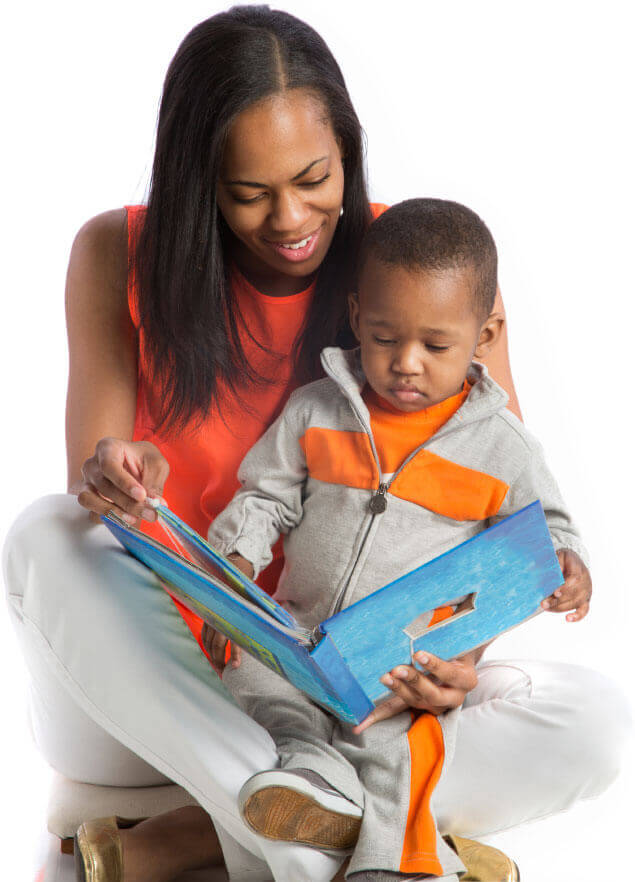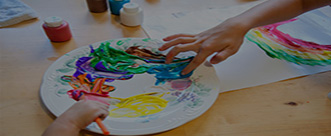Trainings to Serve Better
Trainings are a very important part of the whole process of the treatment. Without the quality training, available for therapists and parents, the height of excellence cannot be achieved in treatment. Our BCBA has trained more than 300 therapists in Middle Eastern and Asia region since June of 2015. We provide trainings to the parents whose children are suffering from autism or any other developmental disabilities and to the therapists to ensure high level quality standards are met all the time.
Professional Training
Registered Behavior Technician (RBT)
The Registered Behavior Technician is a paraprofessional who practices under the close, ongoing supervision of a BCBA, BCaBA, or FL-CBA. The RBT is primarily responsible for the direct implementation of behavior-analytic services. The RBT does not design intervention or assessment plans. It is the responsibility of the RBT supervisor to determine which tasks an RBT may perform as a function of his or her training, experience, and competence. The BACB certificate supervising the RBT is responsible for the work performed by the RBT on the cases they are overseeing.
Why is the credential important to agencies and therapists?
Credentialed RBTs—and their agencies—can be confident they are providing the most effective treatment to their clients. To prospective clients, the RBT credential signifies a higher standard of service; RBTs are better trained, more qualified, and more reputable than therapists without the credential.
RBT Supervision
Each RBT must obtain ongoing supervision for a minimum of 5% of the hours spent providing applied behavior-analytic services per month. Supervision must include at least 2 face-to-face, synchronous contacts per month, during one of which the supervisor observes the RBT providing services (this may be conducted via the internet). At least 1 of the 2 supervisory contacts must be one-on-one, but the other can occur in a small-group meeting. Our BCBA will be providing supervision to RBT’s on a regular basis.
BCBA / BCaBA Supervision
Our clinic will provide supervision to individuals that are pursuing their career in the field of behavior analysis to become BCBA and BCaBA
ABLLS-R Training
Developed by Dr. Partington, the ABLLS-R system is an assessment tool, curriculum guide, and skills-tracking system used to help guide the instruction of language and critical learner skills for children with autism or other developmental disabilities. This practical and parent-friendly tool can be used to facilitate the identification of skills needed by your child to effectively communicate and learn from everyday experiences. RIFE USA provides ongoing trainings to train professionals and parents on how to conduct the assessment and to come with IEP goals for the child.
AFLS Training
The Assessment of Functional Living Skills (AFLS) is an assessment, skills tracking system, and curriculum guide for the development of essential skills for achieving independence. It can be used to demonstrate a learner’s current functional skill repertoire and provide tracking information for the progressive development of these skills throughout the lifespan. The AFLS contains task analyses of many of the skills essential for participation in a wide range of family, community, and work environments and can be used simultaneously with the ABLLS®-R. There are currently three protocols, and they address these different areas: Basic Living Skills, Home Skills, and Community Participation Skills.
RIFE USA offers trainings in how to conduct the AFLS assessment and to come up with goals based of the assessment.
VB-MAPP Training
The Verbal Behavior Milestones Assessment and Placement Program: The VB-MAPP is a criterion-referenced assessment tool, curriculum guide, and skill tracking system that is designed for children with autism, and other individuals who demonstrate language delays. The VB-MAPP is based on B.F. Skinner’s (1957) analysis of verbal behavior, established developmental milestones, and research from the field of behavior analysis.
RIFE USA's training will help learners understand how to use the Milestones Assessment, Barriers Assessment and Transition Assessment to better assess skills, behaviors and placement. A review will be conducted on Tasks Analysis and Skill Tracking for ongoing learning, as well as IEP goals and progress tracking.
Basic ABA Trainings
Basic ABA training comprises of going through the basic principles of ABA. This training will educate professionals who want to pursue their RBT license or need to learn about ABA. The class will include training in the basic terminologies and concepts of ABA. It is a basic course which will also lead to the RBT training. The ABA training will cover topics as:
- Behavior modification training
- Discrete trial training
- Incidental teaching training
- Modifying curriculum for children with developmental disabilities/IEP planning

Parent Training
Parents of children with developmental disabilities face many different challenges daily. RIFE USA provides ongoing training to parents that will be individualized towards each family and child. There will also be other trainings provided to the parents on behavior modification, verbal behavior, ABA, daily living skills, etc.


